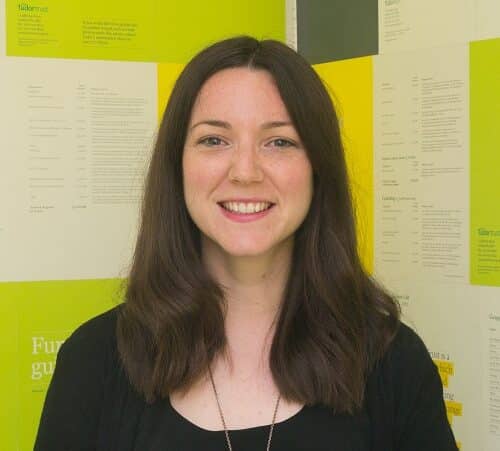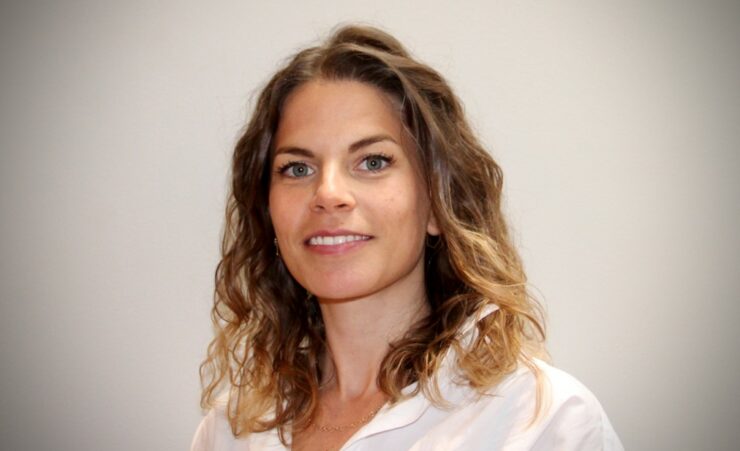
What are the best & worst things about grant reporting? Have your say!
Aligned reporting working group
In April 2018, IVAR and Esmée Fairbairn Foundation formed a working group, made up of nine funders and seven funded organisations, who all recognised a need to do things differently when it came to reporting. As a group, we developed six new principles of reporting; aiming to help funded organisations tell their story more effectively to funders and reduce the burden of reporting.
Shiona MacPherson of One25 (who are a part of the working group) said, ‘As a charity One25 reports to over 50 different trusts and foundations, the process of co-producing these principles has been fascinating. It’s been great to share frustrations and best practice around how reporting currently works. It’s been eye-opening to see the shared frustrations from the funder side of the fence. We’ve collaboratively developed solutions that are being taken seriously by many large grant-making organisations. These funders genuinely want to build relationships, making life simpler and easier for the organisations they support.
But, what if One25’s experience of reports and reporting isn’t yours? What if our ideas, on what the future could be, don’t chime with your vision? When pressed for time on a report, it sometimes feels safer to repeat the approach from “last year’s form”, even if doing something different might take less time and make us more likely to stand out in a funder’s memory. How can charities be encouraged to report in different ways? Ultimately, how can funded organisations start to shift funder-grantee power dynamics, to help change the third sector for the better? We’re really pleased to be part of this ongoing conversation and look forward to other funded organisations joining us.’
Be part of the conversation
We want to gather the views of small and medium sized voluntary sector organisation to ensure that the principles of reporting are moving in the right direction for the widest possible range of organisations, and to strengthen our case to funders to change their reporting requirements.
Over the coming weeks we’ll be appealing for responses to these questions, via Twitter (follow IVAR) and at a workshop (26th November in London), to help shape the future of grant reporting. The issues from these conversations will be shared (anonymously) with the nine funders testing the principles as well as funder networks across the UK.
We want to hear the best and worst things about reporting to multiple funders. What is your experience of grant reporting? Is it ‘Funder-led. Bureaucratic. Time-consuming’? Be a part of the conversation! Join us at the workshop and/or on Twitter.


